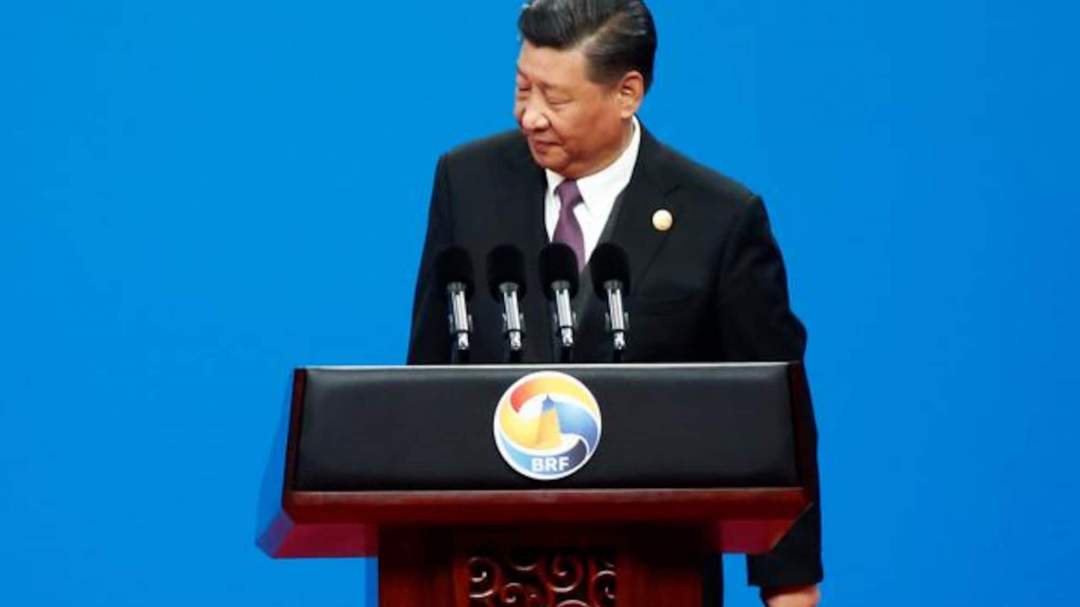
Barely one week after the government of the United States of America placed a visa ban on Nigeria and some other African countries, the Chinese ambassador to Nigeria, Zhou Pingjian, said that the embassy has suspended the issuance of visas to Nigerians.
The Cable reports that he said the action was part of efforts being carried out to contain the coronavirus outbreak in the Asian country.
We gathered that the more three hundred people have died over the outbreak of the deadly disease in China, as the World Health Organisation (WHO) declared it a global problem.
Meanwhile, we previously reported that the US Department of Homeland Security (DHS) said in a statement that the acting secretary CHd F. Wolf explained the ban was in line with Executive Order 13780 signed by President Donald Trump in 2017.
According to the Order, the global travel security bar was raised by the US and countries had to meet the new standard.
The DHS stated that on Nigeria's part, the country "does not comply with the established identity-management and information-sharing criteria assessed by the performance metrics.
Apart from Nigeria, the ban also affected Eritrea, Myanmar, and Kyrgyzstan.
With this ban, citizens from the affected countries will not be allowed to apply for visas to immigrate to the U.S. In a related development, the presidency faulted the claim by a former vice president, Atiku Abubakar, that Nigeria was one of the few African nations that joined the US-led coalition during Operation Desert Storm between 1990-1991 when the United States championed the liberation of Kuwait.
Atiku made the claim in a thread of tweets when he expressed his reservations over the recent travel ban on Nigeria by the government of the United States.
But in its reaction, the presidency corrected the narrative by pointing out that Nigeria did not participate in Operation Desert Storm.
The presidency went further by stating that the sentiments being expressed by Atiku did not represent reality, noting that Nigeria continues to enjoy productive relations with the US.


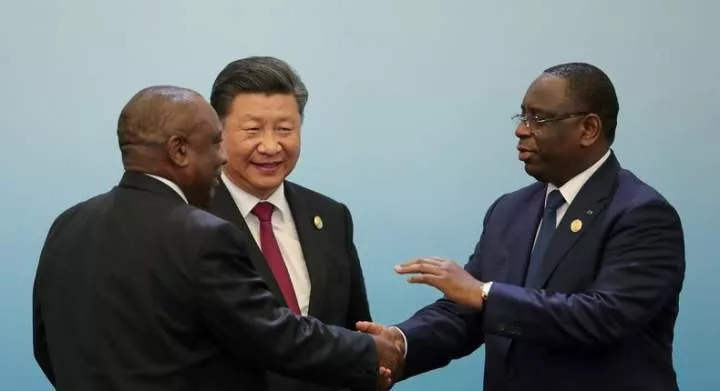
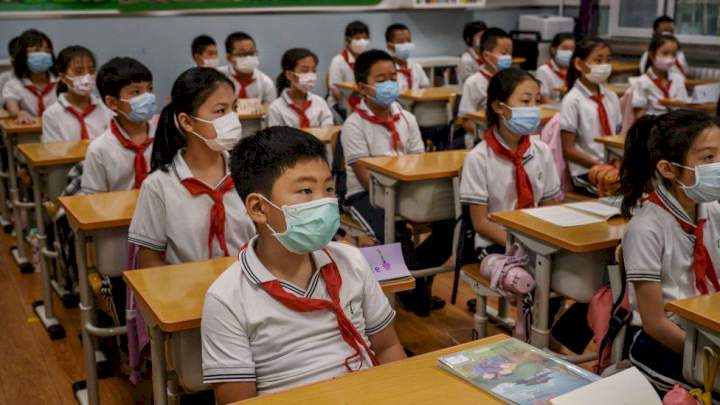

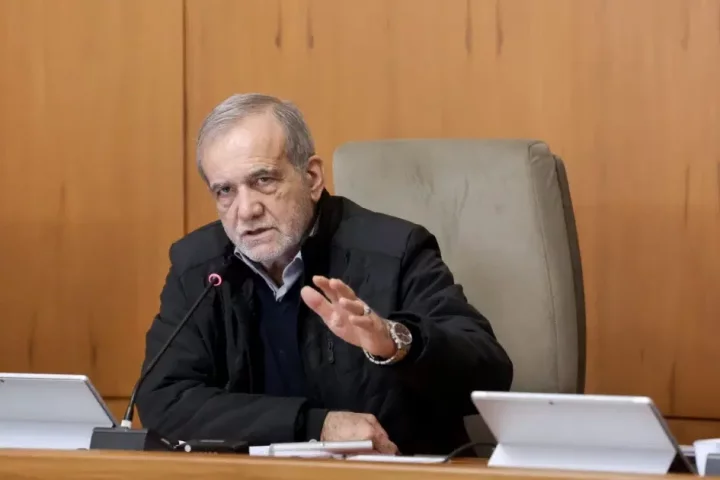

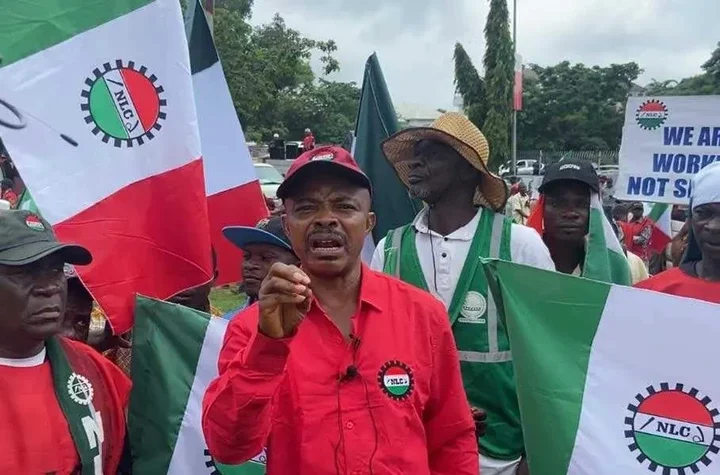






Comments